Alysia Cameron-Davies investigates the challenges of providing assistance in Africa, and how firms can overcome these obstacles
Lloyd Figgins, CEO of the Travel Risk & Incident Prevention (TRIP) Group, emphasised that when considering the operational risks of working in Africa, it is important to acknowledge that the continent comprises 54 internationally recognised countries, each with its own unique risk factors.
“These vary greatly from country to country,” he said, “and therefore it’s vital for any organisation operating on the continent to conduct thorough research into the risk factors, as well as having robust emergency response and evacuation plans in place.”
Overcoming language barriers and cultural differences
Lara Helmi, the Managing Director of CONNEX Assistance, affirmed that with over 2,000 languages spoken across Africa, language barriers can pose significant challenges to medical assistance operations.
While CONNEX 24/7 alarm centres support English, French, Arabic, and Portuguese, Helmi noted that local languages are often crucial for effective communication with medical staff and facilities in remote areas. “To navigate this, we work closely with strong in-country providers and employ on-ground staff who are familiar with the local languages and customs to ensure we can always communicate effectively and avoid any cultural misunderstandings with all involved, be it medical personnel, the patient, or local authorities,” she said.
Unstable exchange rates, limited access to foreign currency, and restrictive payment regulations can create challenges when trying to settle medical bills, pay for logistics or evacuation services, or repatriate funds
Dr Joseph Lelo, the Medical Director at AMREF Flying Doctors, agreed that language and cultural barriers can affect operations and reiterated the value of local staff. “To bridge these gaps, we employ local agents proficient in regional languages and customs,” he said. “Furthermore, our affiliation with Amref Health Africa – our mother organisation, which has offices in 13 countries within the region – enhances our cultural competence and operational effectiveness.”
Dr Olutomiwa Ogunbona, MD and CEO of Holistic Care Medical Assistance, noted that translators have helped streamline the communication process and highlighted the growing role of technology. “In some tech-savvy regions, practitioners are experimenting with the use of artificial intelligence (AI), even though that comes with its own challenges, such as pronunciation and intonations, which are still not of the required standard,” he said.
Financial hurdles: currency fluctuations, cross-border payments, corruption and unofficial payments
Helmi highlighted the financial challenges posed by unstable exchange rates, limited access to foreign currency, and restrictive payment regulations, which can complicate the process of settling medical bills, paying for logistics or evacuation services, or repatriating funds. She outlined key strategies for overcoming these challenges, including building banking relationships across multiple countries, maintaining multi-currency accounts, and using hedging strategies to manage currency volatility.
“We also work with international payment platforms that specialise in cross-border transactions, as well as ensure we have strong foreign exchange (FX) support with competitive rates from the banks we work with,” she said.
Dr Ogunbona echoed these concerns, noting that discrepancies between official and parallel market exchange rates, and the limited availability of foreign currency in some regions, “can severely hinder the ability to make timely payments for essential services”. He highlighted fintech mobile money payments as a potential solution in some areas, but noted that high fees remain a drawback. “Our organisation has found that maintaining local bank accounts in numerous countries is the most efficient and reliable way to facilitate payments for medical emergencies,” he stated.
Many airfields cease operations at night, necessitating careful route planning or adjusted flight schedules
Dr Ogunbona also pointed out that payments in public hospitals can be complex and time-consuming. “The guarantee of payment might not be readily accepted; some might demand cash advance before they commence treatments, and the process can be cumbersome.”
Agreeing that currency unpredictability and cross-border payment issues can complicate financial transactions, Dr Lelo emphasised: “Cash is king!
“To mitigate these issues, we rely on cash payments in local currencies, facilitated by our agents, to keep costs under control.” He noted that key international currencies, such as the US dollar and euro, are also widely accepted.
Additionally, Dr Lelo highlighted that corruption is a major challenge in some regions, where unofficial payments may be demanded to expedite patient transfers.
Figgins agreed, stating systemic corruption is “rife”. He explained: “This includes officials asking for bribes in order to allow aircraft to be cleared to take off or land, particularly in the more remote regions. This can leave air ambulance and assistance providers vulnerable to exploitation, particularly when an evacuation is time critical. Procedures for dealing with corrupt officials should be in place, and provisions for handling such situations should form part of the evacuation plan.”
Air ambulance infrastructure and operations
Airfield availability, night flight restrictions and limited infrastructure are all factors that can impact air ambulance missions.
Dr Lelo explained that airfield availability can be “unpredictable”. For example, “an airport might be operational in the morning but closed by the afternoon due to repairs, security concerns, or VIP movements. Many airfields cease operations at night, necessitating careful route planning or adjusted flight schedules,” he said.
Helmi expanded on the limitations of night flights, noting that some African countries impose special regulations and require additional permits. On top of that, limited air traffic control and navigation infrastructure in certain areas makes flying at night even riskier.
Civil unrest, regime change and conflict are genuine concerns when operating in certain parts of Africa, and these events can occur with little or no warning
Additionally, Dr Lelo highlighted the logistical challenges of cross-border movements, which require meticulous planning involving visas, permits, passports and multiple checkpoints. Financially, he noted that overflight and landing fees can be significantly higher in Africa than in other parts of the world.
“Understanding these regulations and challenges and working with only the best, vetted providers is crucial for ensuring safe and efficient operations in Africa,” concluded Helmi.
Safety and the impact of civil unrest on evacuations
Security provision has to be a key consideration”, stated Figgins. “Security, or the lack of it, is a perennial problem and having worked in countries such as Libya, Somalia and the Democratic Republic of Congo (DRC), you learn to accept that the rule of law, as we understand it, often doesn’t apply in the more fragile states.
“The vast majority of repatriations and evacuations within Africa take place with little or no complications,” he stressed. “However, civil unrest, regime change and conflict are genuine concerns when operating in certain parts of Africa, and these events can occur with little or no warning.”
Sebastien Bedu, General Manager, Middle East at International SOS, agreed that the escalation of civil unrest can occur suddenly and rapidly, “often within hours, particularly during periods of political upheaval or social discontent. For example, recent events in DRC have demonstrated how quickly situations can deteriorate, necessitating immediate action from assistance providers.”
He noted that in its Risk Map 2025, International SOS has raised the security risk rating for several countries, including Sudan, where conflict is now impacting more population centres. He highlighted Nigeria and Mozambique as two other hotspots that saw major anti-government protests in 2024.
Having good, trustworthy and reliable local partners is essential when operating in the higher-risk countries and can make the difference between a successful outcome and a worsening situation
Dr Lelo explained that when civil unrest causes abrupt airport closures, this can greatly impact evacuation missions. Patients may be forced to wait until the situation stabilises or undertake long and sometimes cross-border travel to reach a secure airport for medical evacuation. “Our team remains vigilant, continuously monitoring such developments to respond promptly and adjust plans as needed,” he said.
Figgins highlighted the 2023 coup in Niger as an example, where the closure of airspace halted all flights in and out of the country. “Events such as these must form part of the planning phase for any repatriation or evacuation, and contingencies must be put in place prior to deploying to higher-risk locations,” he stated.
Bedu agreed that pre-mission planning, region-specific risk assessments, and a proactive approach are crucial, noting that effective communication and established protocols help assistance companies respond quickly to evolving situations, minimising risks to personnel and clients during unrest.
Echoing the need for strong crisis protocols and real-time updates, Helmi also highlighted the importance of building solid relationships with trusted providers and local authorities. “Strong relationships with local government authorities ensure we can always have the necessary permits for our ambulances or staff to access difficult-to-reach areas that may be closed off but necessary to complete an evacuation,” she said.
Figgins agreed: “Having good, trustworthy and reliable local partners is essential when operating in the higher-risk countries on the continent and can make the difference between a successful outcome and a worsening situation,” he concluded.
Other logistical challenges: extreme weather, health risks and poor infrastructure
Figgins explained that while civil unrest, crime, and corruption are often the “headline issues”, extreme weather and poor infrastructure can be just as disruptive for assistance and air ambulance providers. Impassable roads and damaged landing strips during the wet season make terrain awareness crucial for risk mitigation.
The network across the African continent is well established and, despite the challenges, has saved many lives and will continue to do so
He also noted that disease and poor sanitation pose additional challenges, especially for teams spending extended time on the ground, and provisions such as food, drinking water and emergency supplies should be provided when necessary.
Managing different expectations: international tourists, expatriates and local patients
Based on his experience, Dr Ogunbona observed that expatriates tend to have more realistic expectations than international tourists regarding healthcare and assistance
in Africa. He attributed this to pre-move company briefings that highlight regional challenges, along with spending more time in the country, which gives expats a deeper understanding of local culture and practices.
“Tourists are somewhat different,” he said. “They are on the other end of the continuum. Some of them have limited knowledge of the regions and expect similar services to their home country, so they are disappointed when they get lower medical care.”
Helmi noted that, while expats familiar with regional challenges tend to have a more realistic perspective, their expectations aren’t necessarily easier to manage than those of international tourists, who often anticipate Western-level services that may not align with local realities.
Local populations, on the other hand, “may be accustomed to a different standard of care, with varying levels of access to healthcare services, medications, and medical equipment”, she said. “In some cases, local healthcare systems may be under-resourced, leading to differing expectations around waiting times, treatment options, and overall quality of care.”
Helmi stressed that communication is key: “We find that, despite any challenges, clear and updated communication can help manage expectations, and avoid any frustrating experiences for the patient. Ultimately, our goal is to ensure that every client receives timely, efficient assistance, even in the most challenging circumstances.”
Dr Lelo noted that locals are normally more accepting of treatment at nearby facilities, whereas international travellers often expect immediate transfers to “top-tier” hospitals.
“This disparity can present challenges in aligning the expectations of clients and partners, necessitating clear communication and understanding to ensure optimal patient care,” he said.
Helmi concurred, emphasising the need to manage patient and insurer expectations when evacuating to a local hospital. She added that, depending on the medical issue, they may recommend transferring to another facility, city, or repatriating to the home country.
Dr Ogunbona pointed out that differences in healthcare systems and attitudes toward medical care can also shape expectations. “While medical practice globally follows similar clinical principles, healthcare systems and practices vary significantly from country to country. Even within Africa, we see variations influenced by cost, culture, customs, and political will.”
He explained that the timeline for seeking medical help may differ between locals and international travellers.
“Many Africans, with their communal culture, may seek advice from friends and family first, only going to the hospital when a problem worsens. International travellers, on the other hand, may seek care for minor issues.
“As an organisation, our guiding principle is to be open, honest, and transparent with all our clients. We acknowledge the limitations in our region and communicate them clearly.
We maintain regular engagement with our clients to provide the best possible medical service tailored to their needs. We also extend this transparency to our vendors and providers, offering support where gaps are identified,” he concluded.
In agreement, Helmi reiterated: “Constant and clear communication with the patient, provider, and insurer is key in managing the patient and client expectations and ensuring the best outcomes.”
Figg
ins wrapped up by recognising the hard work and ongoing efforts of the air ambulance and assistance providers across Africa. “Having been involved in multiple evacuations and repatriations in Africa, I can say with absolute certainty that my experience of the air ambulance and assistance providers I have worked with has been first-rate. The network across the African continent is well established and, despite the challenges, has saved many lives and will continue to do so.
“The key to successful operations within Africa are robust planning, effective communication and trusted local partners. The situation can change rapidly and there must be contingencies in place for the unexpected, whatever that might be.”
First Published: ITIJ_ Assistance & Repatriation Review, April 2025
Copy Writer: Alysia Cameron-Davies


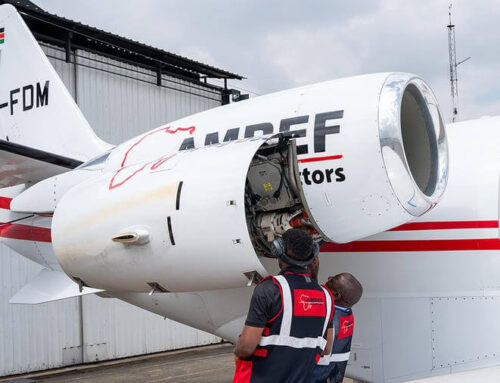
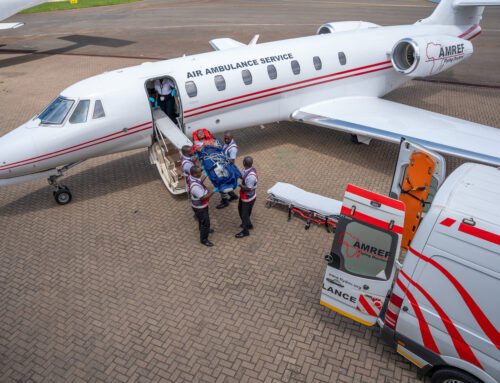

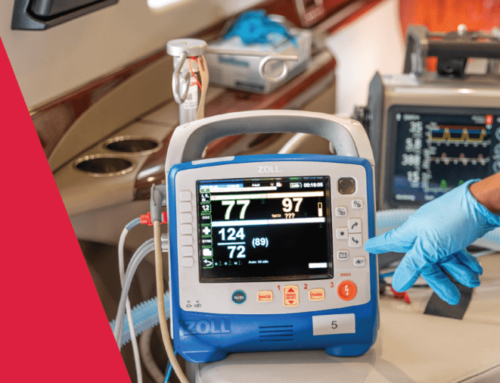



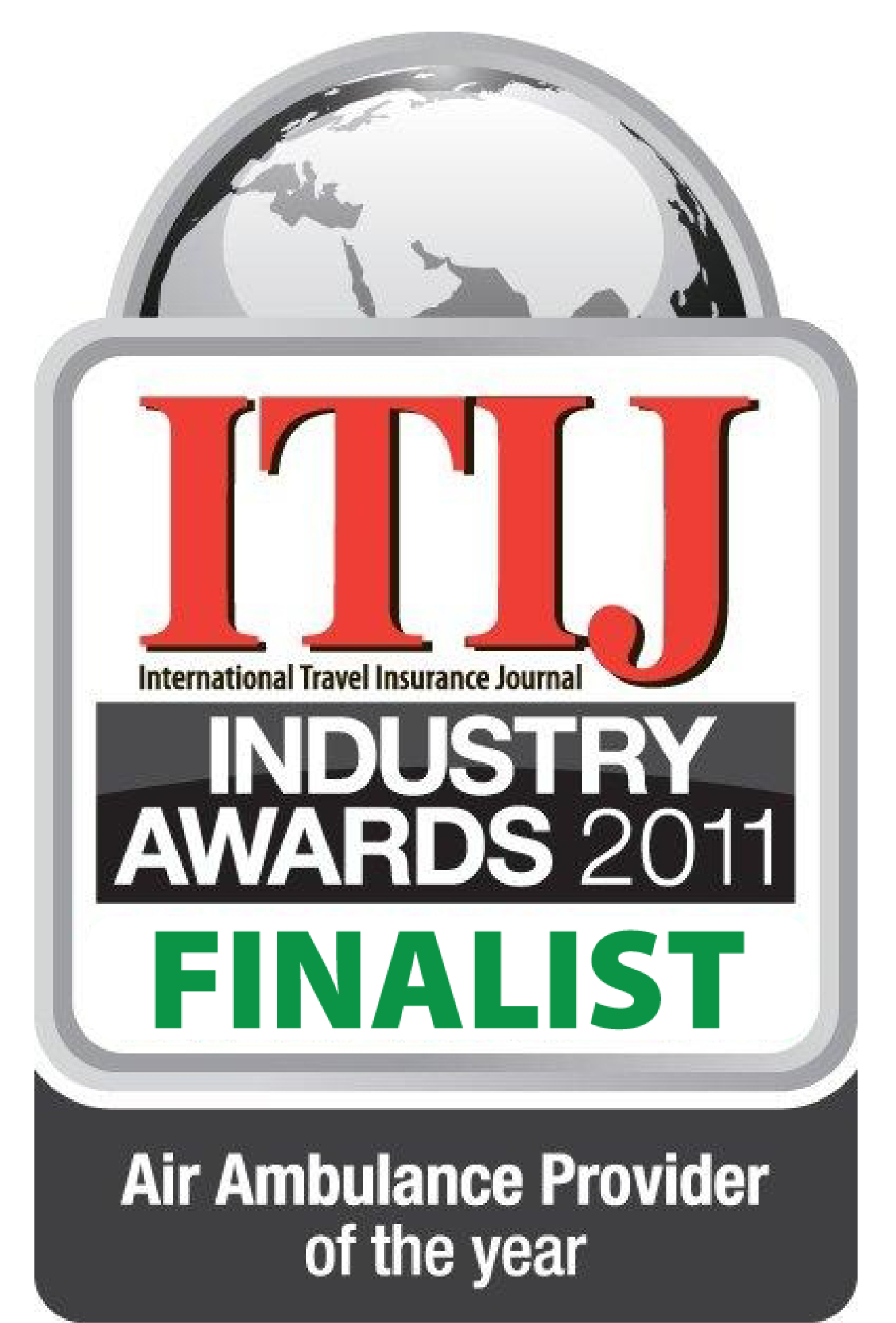
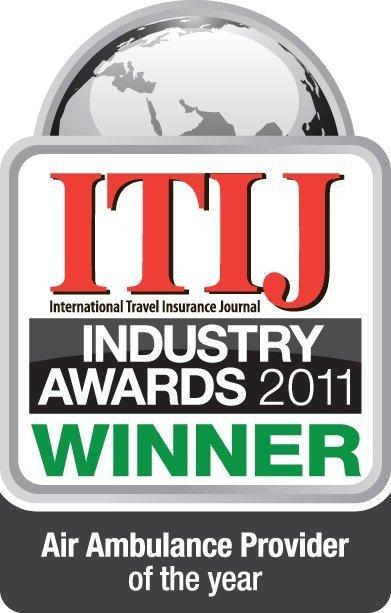
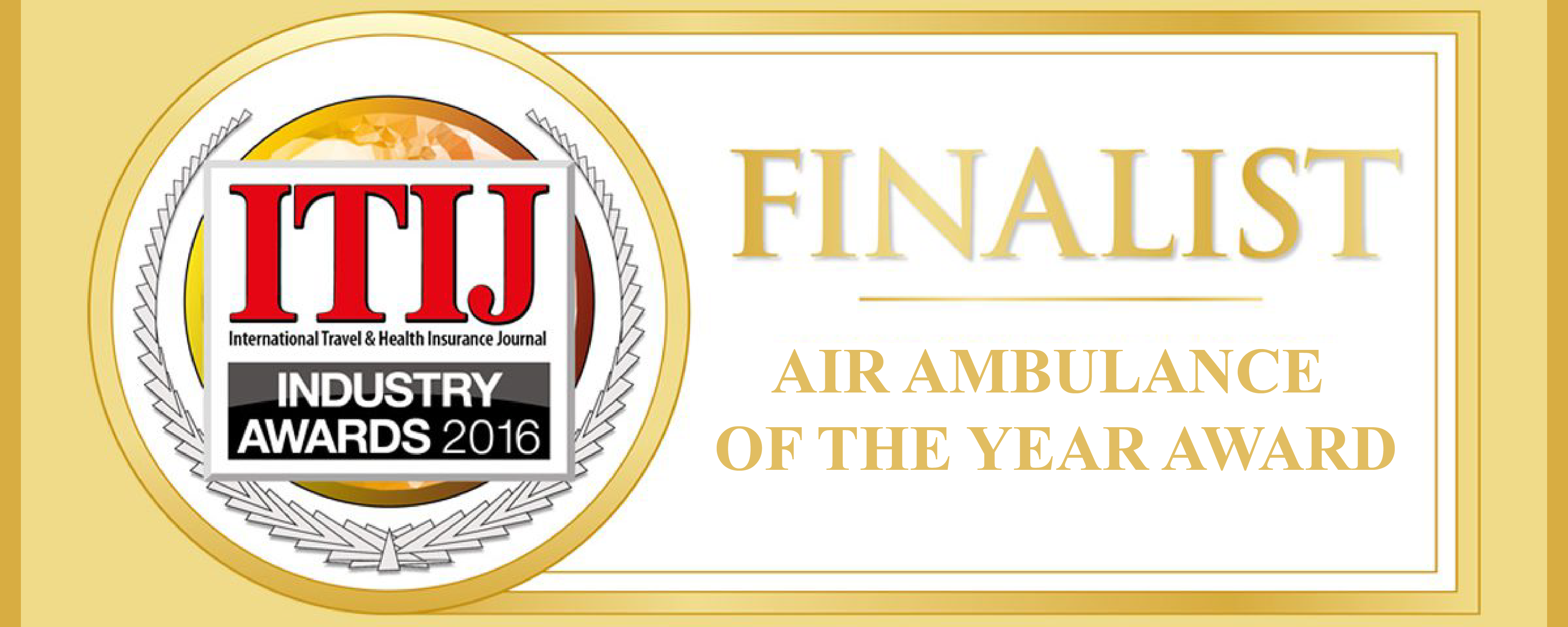
Leave A Comment